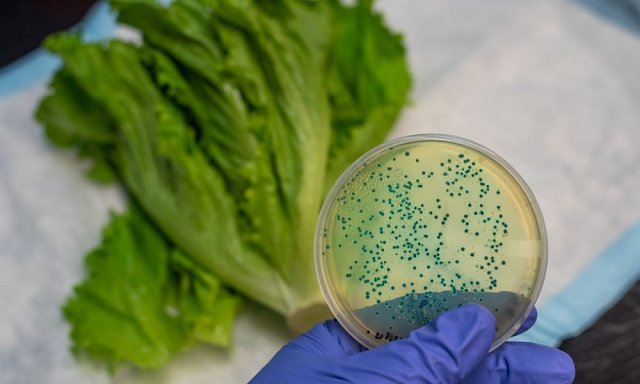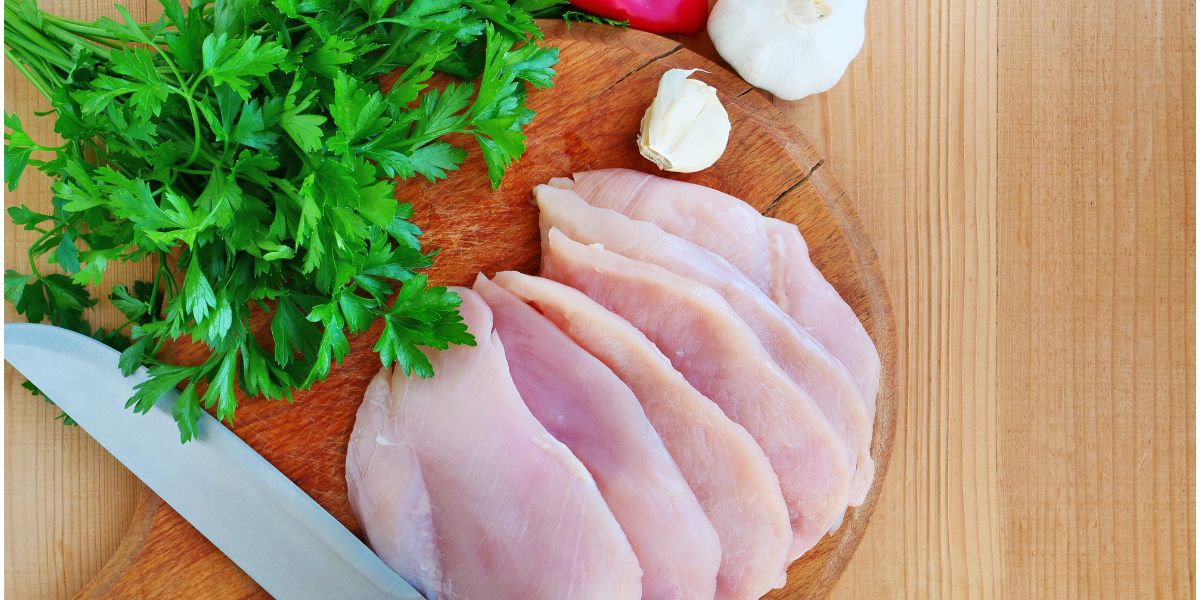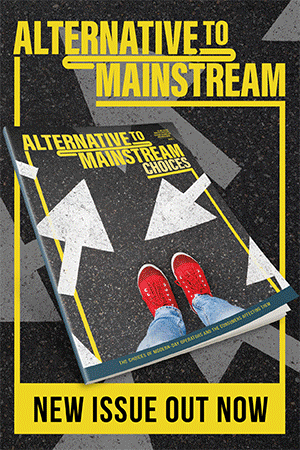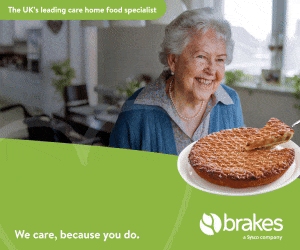Food Hygiene training experts share tips on preventing E. coli
Most foodborne E.coli is caused by one particular strain that is likely to develop on food products in the temperature danger zone, between 8 °C and 60 °C.

E. coli is a common cause of food poisoning, has been in the news again recently and whilst most strains of E. coli bacteria are harmless, some are pathogenic, meaning they can cause serious illness or even death.
Accordingly, Katie Martinelli, Learning and Development Lead at food hygiene training experts High Speed Training, explains the causes of E. coli and how to avoid it when storing, preparing and cooking food.
She explains: “E. coli - full name Escherichia coli - is a type of bacteria that’s usually found in the intestines of humans and animals. Most strains of E. coli are harmless to people, but others can cause serious gastrointestinal illness - or food poisoning.
“E. coli can be contagious and spread from person-to-person or from animal-to-person. Most foodborne E.coli is caused by one particular strain that is likely to develop on food products in the temperature danger zone, between 8 °C and 60 °C.”
What can cause an E. coli Infection?

E. coli originates in the intestines of humans and animals - most commonly cattle - and causes food poisoning when a person consumes food or drink contaminated with the bacteria.
E. coli infections are often caused by:
- Eating contaminated food - in particular, unwashed raw vegetables, salad and fruit, or undercooked meat.
- Drinking contaminated water - if the water supply has been inadequately treated, then E. coli bacteria may remain. This includes water for drinking or water used for cooking.
- Touching infected animals - cattle are particularly susceptible to E. coli bacteria and people can catch E. coli by touching them or coming into contact with their faeces.
- Touching infected people - E. coli can be spread by coming into contact with people who already have E. coli food poisoning.
- Contaminated surfaces - improper handwashing, especially after using the toilet and after handling muddy vegetables, can easily cause cross-contamination.
- Undercooked meat - specifically undercooked beef products, such as burgers.
Martinelli continues: “One type of E. coli that causes food poisoning is E. coli O157:H7, which produces a toxin that causes illness. In the worst cases, this toxin can destroy red blood cells and lead to further complications, such as hemolytic-uremic syndrome (HUS) and kidney failure.
“This is why it is vital to ensure that food is free from E. coli. If you prepare, handle or serve food in your job, then the law requires you to be trained in food safety procedures, including preventing the spread of E. coli. Our range of online Food Hygiene Courses features a variety of food safety training for all industries, roles and levels.”
How to prevent an E. coli infection
Following good hygiene and safety practices such as the ones below will help you to prevent E. coli exposure:
- Wash your hands properly - it’s essential you wash your hands before handling food, after handling raw or muddy food, after contact with animals and after using the toilet. Effective handwashing prevents cross-contamination of harmful E. coli bacteria.
- Wash vegetables, salad and fruit thoroughly - before using them for cooking, ensure all fruit, vegetables and salad ingredients are washed in clean water to remove any soil debris that may contain E. coli bacteria.
- Keep raw meat separate from cooked food - raw meat, particularly poultry, must be handled and stored away from other food products. Always wash your hands and utensils after handling raw meat and ensure it’s stored in a sealed container, ideally on the bottom shelf of the fridge.
- Cook food thoroughly - in particular meat and eggs. Food must reach a core temperature of at least 70 °C to kill any E. coli bacteria on it. Thorough cooking ensures harmful food poisoning bacteria are destroyed.
- Store food correctly - chilling cooked food to below 8 °C as soon as possible after cooking - ideally within 90 minutes - will reduce the amount of time E. coli bacteria has to develop.
- Avoid unpasteurised or untreated liquids - such as raw milk, juices and untreated water. The pasteurisation process used for milks and juices kills off harmful bacteria, as does the treatment done to tap and bottled water.
- Keep your kitchen clean - to prevent cross-contamination, ensure all surfaces and utensils are washed between uses, including chopping boards, knives and pans. In the home, remember to clean your reusable shopping bags too. Take a look at High Speed Training’s Cleaning in Food Premises Training Course if you want to learn more about keeping your kitchen clean.
- Pay attention to use-by dates - the use-by date on a food product indicates when the food is no longer safe to eat. You should not eat, cook or freeze food if the use-by date has passed, even if you think it looks fine, as harmful E. coli bacteria cannot be seen or smelled.
- Defrost foods safely - always defrost food, especially meat, in the fridge to ensure it never reaches room temperature and remains chilled at all times. Never defrost meat on the counter or cook it when partially defrosted.
- Never prepare or handle food if you’re ill - if you’re unwell with any of the symptoms of food poisoning, such as diarrhoea or stomach cramps, then you must not handle food as you risk transferring food poisoning bacteria from yourself to the food.
To find out more about food hygiene and safety practices visit: High Speed Training Hub.








